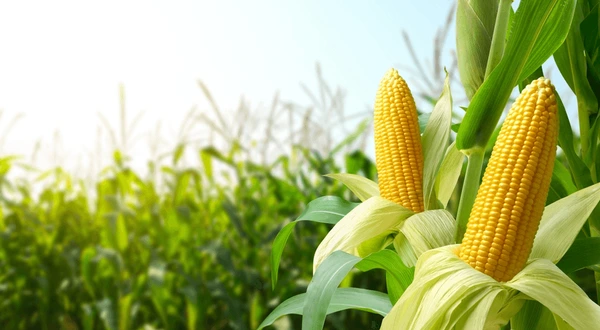
Introduction
Corn, also known as maize, is one of the most widely grown and consumed grains globally. It is a staple food in many cultures and has a rich history of cultivation, dating back thousands of years to its origins in Central America.
Types of Corn
- Sweet Corn: Typically eaten as a vegetable, sweet corn is harvested while the kernels are still tender and sweet. It’s often enjoyed on the cob, as well as canned or frozen.
- Field Corn: Primarily grown for livestock feed and industrial uses, including the production of cornmeal, corn syrup, and ethanol.
- Popcorn: A specific variety of corn with a hard outer shell that “pops” when heated, turning inside out to become a popular snack.
- Flint Corn: Known for its hard, glossy kernels, flint corn is often used for decoration (Indian corn) and for making hominy and masa for tortillas.
- Dent Corn: Named for the small dent that forms on the kernel as it dries, dent corn is commonly used for animal feed and industrial products.
Nutritional Benefits
- Calories: Approximately 143 calories
- Carbohydrates: About 31 grams
- Protein: Around 4 grams
- Fat: About 2 grams
- Fiber: Roughly 3.5 grams
- Vitamin C: Approximately 10 milligrams (about 11% of the daily value)
- Vitamin B6: About 0.3 milligrams (around 20% of the daily value)
- Thiamine (Vitamin B1): About 0.3 milligrams (around 20% of the daily value)
- Folate (Vitamin B9): Approximately 34 micrograms (around 9% of the daily value)
- Magnesium: About 37 milligrams (around 9% of the daily value)
- Potassium: Approximately 290 milligrams
Health Benefits
- Eye Health: The carotenoids in corn, especially lutein and zeaxanthin, help protect against macular degeneration and cataracts.
- Digestive Health: The fiber content in corn aids in digestion and helps prevent constipation.
- Energy Boost: The carbohydrates in corn provide a quick source of energy, making it a great addition to meals for active individuals.
Conclusion
Corn is a versatile and nutritious grain that plays a vital role in global agriculture and cuisine. Its various forms and uses make it an essential part of diets around the world. Whether enjoyed fresh, popped, or processed into flour and syrup, corn offers numerous health benefits and culinary possibilities.
